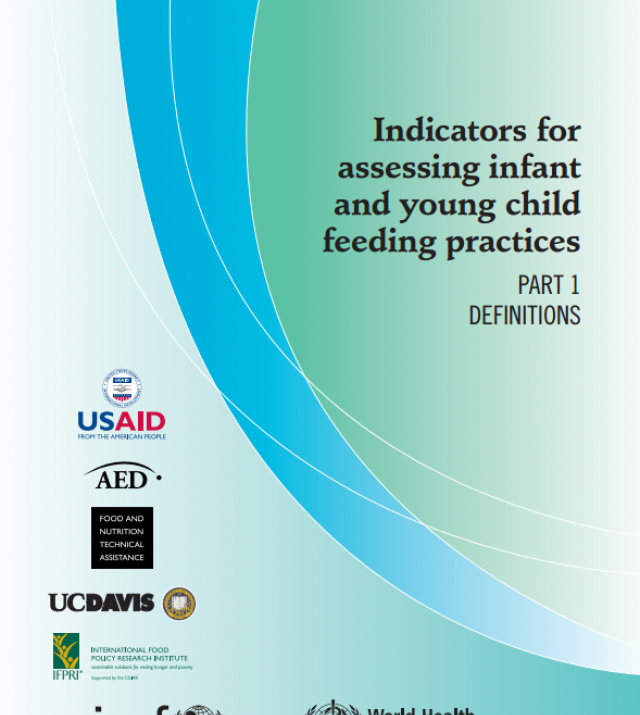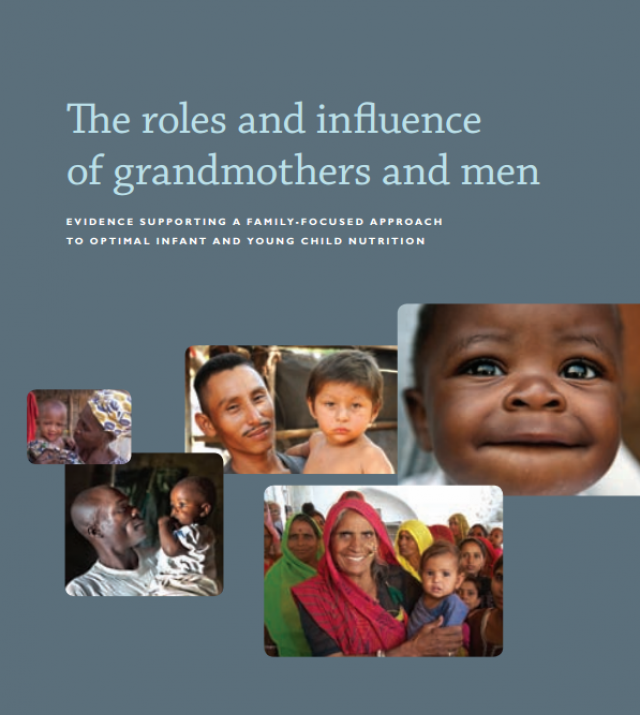
Scaling Up Micronutrient Programs: What Works and What Needs More Work? The 2008 Innocenti Process

The importance of micronutrient (MN) interventions to reduce mortality and morbidity in developing countries has been highlighted in recent high profile publications, and several ongoing global initiatives seek to accelerate Millennium Development Goals (MDG) achievement through MN and other nutrition interventions. Major challenges exist—not in knowing which interventions can produce the desired results—but in delivering these interventions at scale to populations deficient in essential micronutrients. This report provides concrete recommendations on how we can all begin to tackle these important challenges.
The 2008 Innocenti Process was initiated by the Micronutrient Forum to critically examine knowledge related to program implementation in real world settings and culminated in a meeting at the UNICEF Innocenti Research Centre in Florence, Italy, in September 2008. The 2008 Innocenti Process involved three main features: (1) critically reviewing the evidence from real-world programs implemented at scale; (2) engaging and giving “center stage” to views of country-level program managers and implementers; and, (3) building consensus among key stakeholder groups on what programs have worked (strength of evidence), what makes those programs work, and what needs more work. The results, the basis of this report, reveal much about scaling up interventions; but they also reveal that large gaps remain in our understanding of the capabilities, resources, and strategies needed to implement programs effectively and to demonstrate measurable and meaningful impact.

